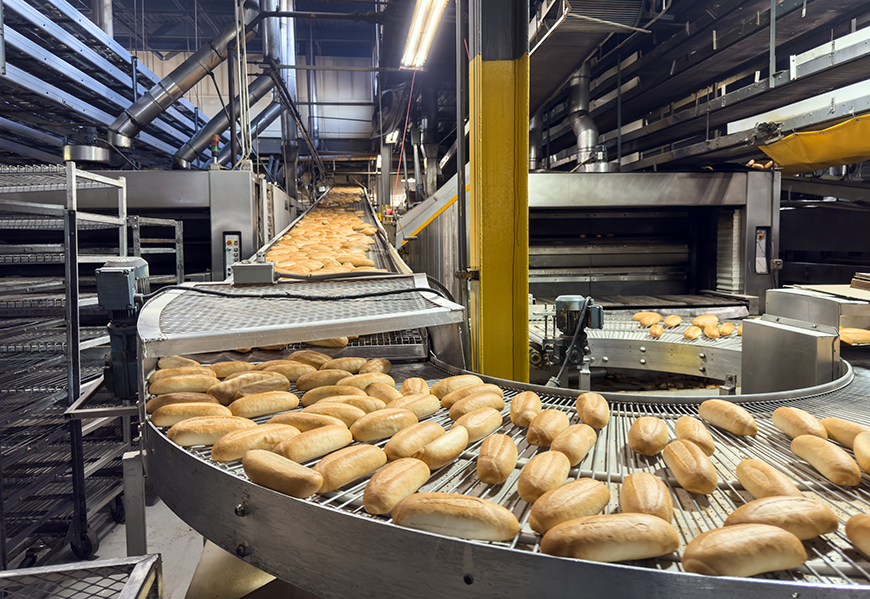Welcome to Houston: America’s Economic Miracle
HOUSTON – The numbers don’t lie: Since 2000, Texas has created 2.1 million jobs, more than double any other state — that’s 30 percent of all the jobs created in the U.S.
Apple is hiring nearly 4,000 more workers for its Austin facility, brokerage Charles Schwab is leaving California for Austin and El Paso, and Toyota is moving to the Dallas metroplex.
The Houston of 2015 will drive Texas’ economic engine through many more industries than oil and gas. Houston today embraces more than 150 companies involved in aircraft or space vehicle manufacturing, space research and technology and their total output ranks as one of modern Houston’s largest internationally traded commodities.
Breakthrough research and development is taking place in every key biotech cluster: agricultural, biomedical, oncology, environmental, genomics, medical, devices and nanotechnology.
Houston needed only 22 months to recover all the jobs lost once the Great Recession ended, the fastest recovery in the nation among the top 25 major markets. Houston’s job growth has outpaced that of the nation’s major metros for most of the past four and a half years.
The City of Houston permitting activity in September 2014 totaled $1.2 billion, the highest monthly total on record and a 161.9 percent increase from the $469.7 million in permits issued in September 2013.
Houston-area realtors sold 90,124 homes in the 12 months ending September 2014, a 4.4 percent increase over the 86,324 homes sold in the comparable period in 2013, according to data released by the Houston Association of Realtors.
That’s one home sold every 7.2 minutes since January of 2010.
Between 2000 and 2013, metro Houston’s population expanded 35 percent and Dallas-Fort Worth’s by nearly 30 percent. In contrast, New York, Los Angeles, Boston, Philadelphia and Chicago grew only in the range of 4 and 7 percent.
ACCRA Cost of Living Index from 2012 shows that Houston’s overall after-taxes living costs are 7.8 percent below the nationwide average, largely due to housing costs that are 14.6 percent below the average, not to mention low development regulations.
Personal household income has risen 20 percent since 2005 in Houston compared to 14 percent for New York, 11 percent for Los Angeles and less than 9 percent for Chicago.
"Now that the city knows it can’t rely just on oil, it has put into place strategies for success in a new kind of economy. What Houston has is that can-do spirit. People who live in Houston, believe in Houston," said Rice University Professor Dr. Klineberg.
In This Article
You might also like

Publications
Receive our economic and housing reports and newsletters for free.







